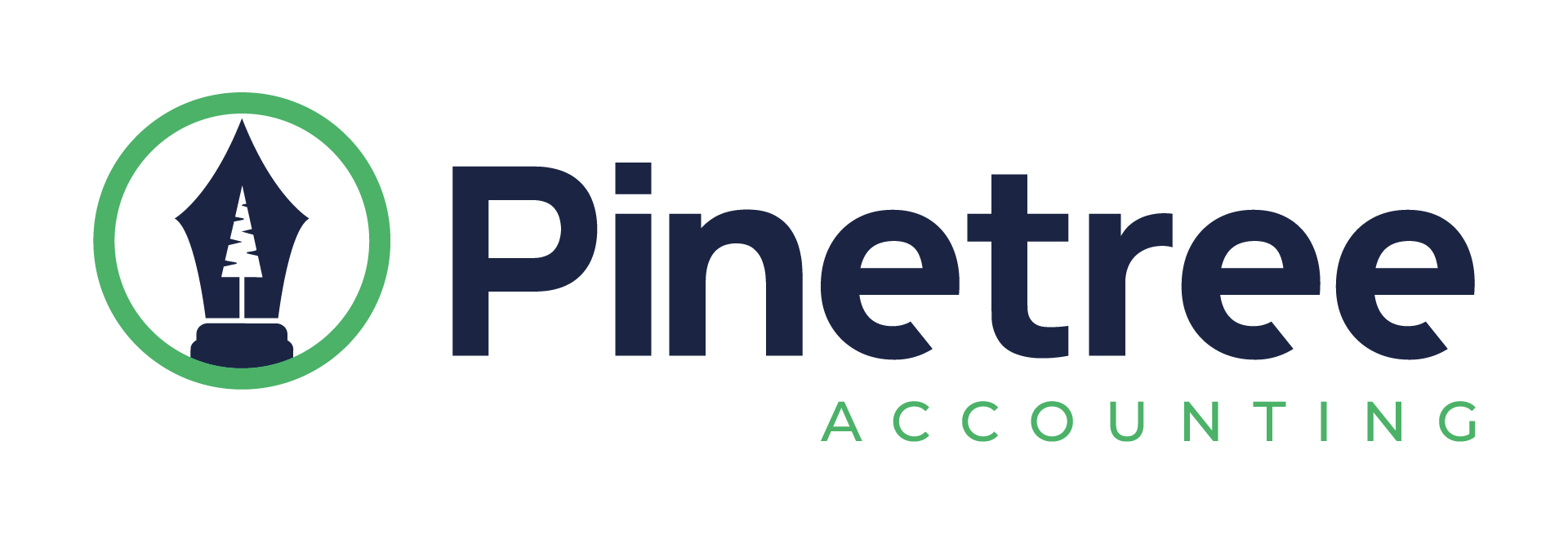In Hong Kong’s dynamic business environment, annual audits are not just a legal obligation—they’re a key component in maintaining transparency, credibility, and long-term growth. According to the Hong Kong Companies Ordinance (Cap. 622), all Hong Kong-incorporated companies (except for dormant companies) must prepare audited financial statements each financial year. These audited statements play a pivotal role in corporate governance, tax compliance, and reinforcing investor confidence.
With over 1.4 million registered companies in Hong Kong, operating in a city known for its robust financial system and strict regulatory standards, preparing for an audit is essential. Proper preparation not only shortens audit timelines and reduces costs but also minimizes the risk of penalties and reputational damage.
This comprehensive guide provides step-by-step strategies, numerical benchmarks, and best practices that Hong Kong businesses—especially small and medium-sized enterprises (SMEs)—can follow to ensure a seamless audit experience.
Understanding Hong Kong’s Audit Requirements
Mandatory Audits:
All Hong Kong-incorporated companies, except dormant entities (less than 1% of total registered firms), must conduct an annual statutory audit. The audit must be performed by a Certified Public Accountant (CPA) holding a Practicing Certificate issued by the Accounting and Financial Reporting Council (AFRC).
Audited Financial Statements at the AGM:
Private companies must present audited financial statements to shareholders at the Annual General Meeting (AGM) within 9 months after their financial year-end. Public companies often have a shorter timeframe, typically 6 months.
Submission to the Inland Revenue Department (IRD):
Audited financial statements and the auditor’s report must accompany the Profits Tax Return (PTR) submission to the IRD. The PTR is generally due 1 month from its issue date, though specific extensions vary. For example, companies with a December 31 year-end often have until August 15 to file, and those with a March 31 year-end may file as late as November 15 or even January 31 with timely applications.
Common Challenges and Preparation Steps
Hong Kong businesses frequently grapple with issues like incomplete records, outdated compliance documents, and complicated tax calculations. Overlooking these details can trigger audit adjustments and even penalties. To avoid such pitfalls, it’s vital to start preparing for the audit 3-6 months ahead.

1. Organize Your Financial Records
Accurate and up-to-date bookkeeping lays the foundation for a smooth audit. Disorganized records can prolong the audit process by several weeks and inflate fees by 10-20%. Consider outsourcing your bookkeeping to a professional service provider:
- Recommended Service: Bookkeeping and Accounting Services
- Key Tip: Retain business records for at least 7 years. Missing invoices or bank statements can lead to non-compliance, with penalties reaching up to HK$100,000.
2. Ensure Payroll Accuracy
Incorrect payroll calculations and MPF (Mandatory Provident Fund) contributions are a common audit red flag. Even a 10-15% discrepancy rate can raise auditors’ concerns. Verify salary records, MPF contributions, and ensure all employee data is correct and submitted on time.
- Recommended Service: Payroll Services
- Key Tip: MPF contributions are generally set at 5% of employees’ relevant income, capped at a total of HK$1,500 per month (employee + employer).
3. Review Corporate Compliance
Under the Hong Kong Companies Ordinance, you must maintain statutory registers, updated shareholder information, and proper meeting minutes. Neglecting these details can contribute to a 5-10% audit non-compliance rate for SMEs.
- Recommended Service: Corporate Secretarial Services
- Key Tip: Timely updates to statutory records and registers prevent last-minute scrambling and reduce audit inquiries.
4. Prepare for Tax Assessments
Hong Kong’s two-tiered profits tax system (8.25% on the first HK$2 million profits, and 16.5% thereafter) makes precise tax calculation crucial. Submit your Profits Tax Return with audited financials on time to avoid penalties ranging from HK$1,200 to HK$10,000+.
- Recommended Service: Tax Returns
- Key Tip: Early preparation can reduce audit completion time by up to 30%.
5. Seek Professional Audit Assistance
For many SMEs, managing the entire audit process in-house is challenging, especially given limited resources. Engaging professionals not only ensures compliance but often lowers total costs and risk.
- Recommended Service: Audit Arrangement Services
- Key Tip: Professional auditors help identify financial reporting issues early, potentially saving HK$8,000-HK$20,000 in additional audit fees for complex cases.
6. Consider Proper Company Structuring and Formation
The complexity of your corporate structure affects the depth and scope of your audit. Streamlined company formation and re-structuring can simplify the audit process.
- Recommended Service: Company Formation
- Key Tip: A cleaner corporate structure often results in shorter audits and more accurate financial reporting.
7. Additional Support for Compliance
Some businesses require further documentation support, especially if foreign hires or immigration matters are involved. Proper documentation ensures that all costs and records are transparent, reducing audit queries about employee eligibility and related expenses.
- Recommended Service: Assistance in Immigration Documentation
- Key Tip: Transparent documentation around immigration and employment reduces questions about payroll and related expenses.
Common Audit Mistakes to Avoid
- Ignoring Minor Discrepancies: Even small data mismatches can escalate into larger adjustments and increase audit fees.
- Outdated Compliance Records: Missing statutory registers or incomplete meeting minutes raise auditor suspicions.
- Inadequate Internal Controls: Weak internal controls lead to resource wastage and heighten the risk of non-compliance.
Address these points proactively to maintain credibility and streamline your audit.
Benefits of Proper Audit Preparation
- Reduced Audit Time: Early preparation (3-6 months in advance) can cut audit time by up to 30%.
- Lower Costs: Well-organized documents and accurate tax filings minimize adjustments, saving you HK$8,000-HK$20,000 in audit fees.
- Enhanced Credibility: Clear, audited statements strengthen your company’s reputation with investors, lenders, and clients.
- Regulatory Compliance: Adherence to Hong Kong laws and accounting standards reduces the risk of penalties and potential legal actions.
Tools and Resources for Audit Preparation
- Outsourced Support: Relying on professional services for bookkeeping, payroll, and company secretarial tasks can decrease non-compliance risk by 15-20%.
- Checklists & Templates: Use standardized checklists to ensure you meet key deadlines, compile necessary documents, and verify compliance.
- Professional Consultancy: For small businesses aiming to expand or restructure, consulting professionals can ensure you’re always “audit-ready.”
Hong Kong Audit Preparation Checklist
Below is a data-rich table summarizing essential tasks, their descriptions, and suggested timelines.
| Task | Description | Timeline |
| Organize Financial Records | Update and verify all financial documents, ensuring full transaction support. | 1-3 months prior to audit |
| Ensure Payroll Accuracy | Verify employee data, salaries, and MPF contributions. | 1-2 months prior |
| Review Corporate Compliance | Confirm that statutory records, registers, and meeting minutes are current. | Ongoing throughout the year |
| Prepare Tax Returns | Submit timely and accurate tax assessments, consider early planning. | As required by IRD deadlines |
| Seek Professional Assistance | Engage an audit service provider for complex financial and compliance needs. | As needed, ideally 2-3 months prior |
Conclusion
Navigating a statutory audit in Hong Kong’s regulated market can seem complex, but the right approach—early preparation, meticulous record-keeping, payroll accuracy, and professional guidance—ensures a smooth, cost-effective process. By leveraging expert services, maintaining strict compliance, and staying proactive, your company can transform the annual audit from a regulatory chore into a strategic advantage.
Need tailored guidance? Consult with the experts at Pinetree Accounting Services in Tsim Sha Tsui. From payroll services to corporate secretarial support, bookkeeping and accounting to audit arrangement and company formation, we provide holistic solutions designed to keep your business audit-ready in Hong Kong’s competitive landscape.
Get in touch today and ensure your company’s financial health and compliance for years to come.






